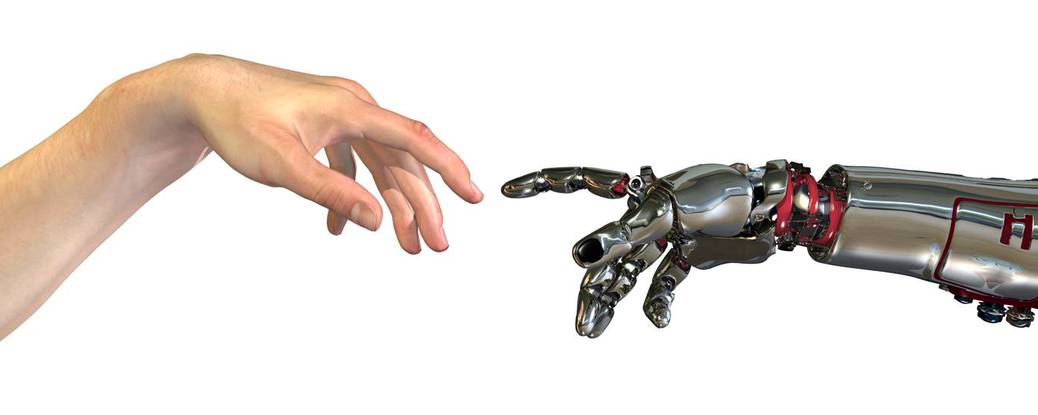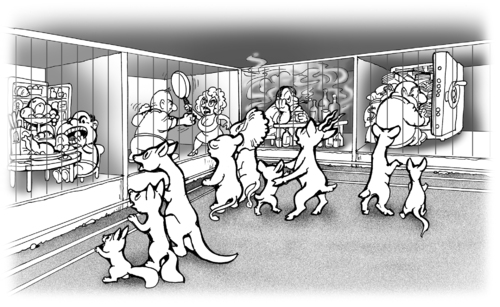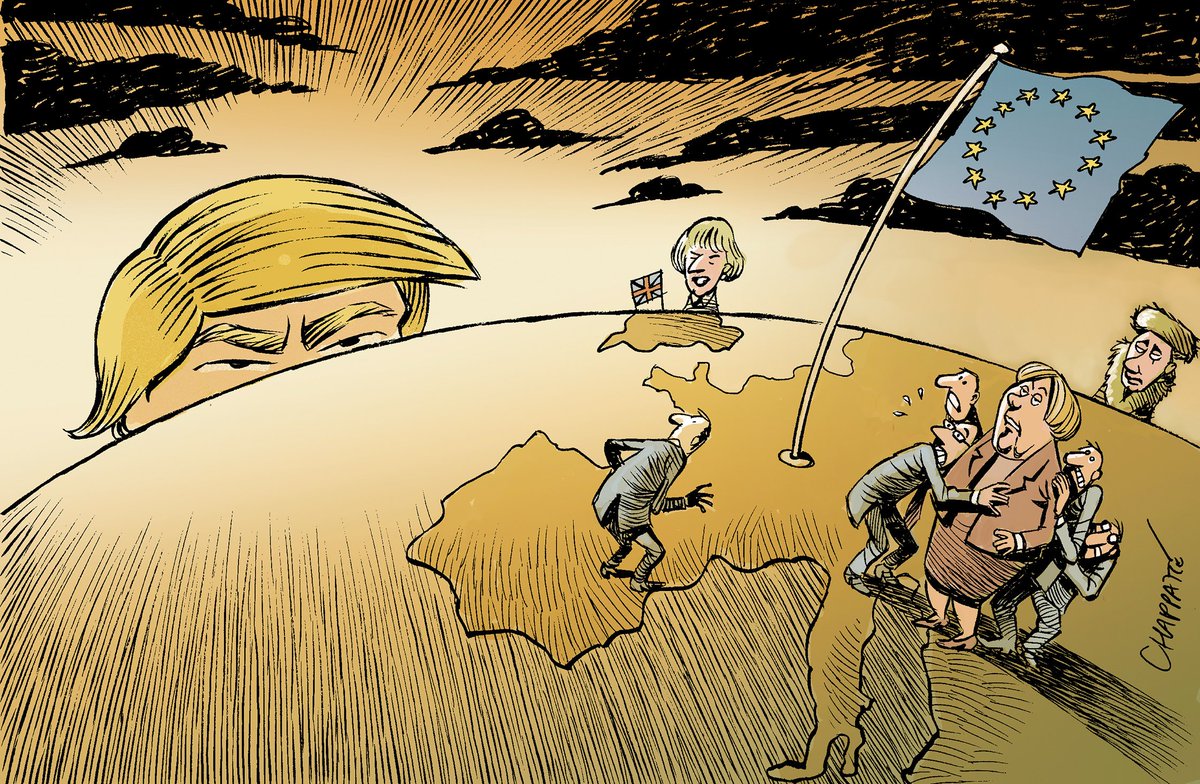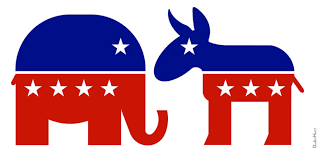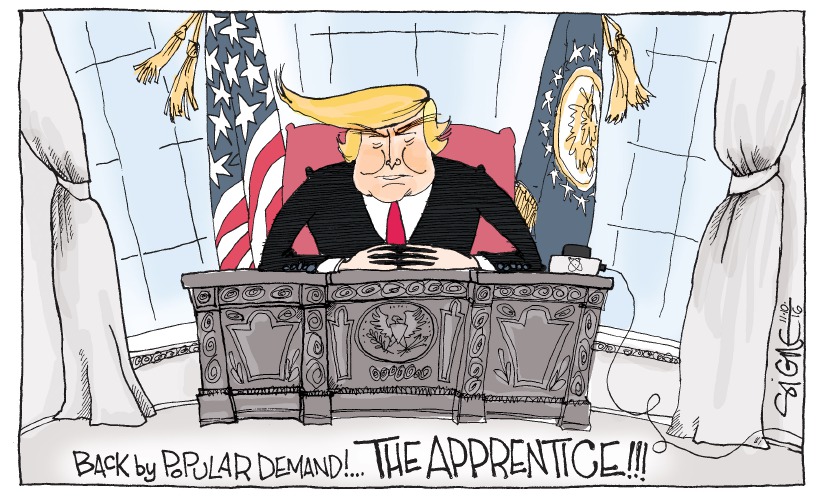Rob's Flash Messages
Rob's Stories
Small countries, big countries
What makes a country big? If you don't take pride and ego into consideration, the answer is simple: the amount of natural resources and/or people (which means: tax payers). You have to have at least one of the two but having them both is better.
With natural resources you can generate money by just selling them and do something with the profit. Given the fact that almost no resources are ever endless, the Norwegian model is far superior: put a big share of the profits on the bank and invest in infrastructure. The Dutch model has proven to be quite bad: spend the money on social facilities. Not that it's bad to care for your people but this business model is doomed to fail someday and then the money is gone leaving a big black hole in social care behind.
Tax payers build the other pillar underneath a countries cashbook. If you have more people, the pile of (tax) money is bigger. You can even be generous and decrease taxes. After all, if you have the bureaucracy under control, the economy of scale makes you powerful. Just like big companies. That's why they are expanding all the time with full power on autonomous growth and buying other companies.
Small countries just don't have the investment power. They can not do big "projects" like versatile and powerful defense systems, high level and expensive industrial technologies like for cars, ships, airplanes and spacecrafts, or a state of the art infrastructure for communication and transport. The Dutch might say: "Hey, we do have Rotterdam, Schiphol and some good universities!". Yes, we have, but the power of these examples is already rapidly declining thanks to the investments of more powerful (= more money) countries like Dubai, Turkey and China. The harbour of Rotterdam is still impressive with an 11th place after 10 Asian (!) container terminal harbours but 10 years ago Rotterdam was in the top 10 itself. The university of Amsterdam is 57th on the worlds ranking list, Delft 62 and the rest is outside the top-100.
Does this mean small countries can not be proud of themselves on their culture or their achievements? Of course they can! But it's on an other scale. Let's be honest, with less impact to the rest of the world. The smaller you are, the lesser the impact. Liechtenstein, Andora and even the Netherlands are proud countries but their impact on a global scale is less impressive as opposed to the impact of the US, China, Japan, Germany and the UK. I am just summing up the top-5 countries in the world with the highest Gross Domestic Product (GDP). Europe (with the UK) would be first or second depending on which figures you take (from the IMF, World Bank or the UN). India, Russia and Brazil are other promising top-15 countries not in the least due to their military capabilities. Funny, if California, Texas and New York were countries, they would be in the top-15 as well with California even in teh top-10! Very impressive is the rapid growth of South Korea, Taiwan, the United Arabic Emirates and Turkey. All examples of countries who are almost relentless investing in their industrial or services powers. The "traditional" top-10 will change just within a decade or so and the new top will be demanding their seats in important councils like the G-7 or the Security Council. Germany, France, the UK and Italy have to be satisfied with the G20 and give up their currently more important seats and depend on their influence in the EU.
So what can smaller countries do? Well, still be proud on themselves of course and protect their culture, history and capabilities. But unite as well. And focus on lesser but stronger powers. It may be hard to give up aspects of self-determination but it is inevitable. Losing some military defense systems, border control, tax collection and industries might make a proud country feel bad on the short term. But they will be sooooo much more proud to play an important role in the world for the long term with their strongest capabilities as opposed to a scatter of "unimportant things".
Imagine that some day a big spaceship shows up. Let's assume it's friendly and seeking development and trade. Just like we do. To whom are they talking to? To some congress like a hall with hundreds or even thousands of people? A group of dozens of "world leaders" representing the worlds population? That would be quite funny!
Happy growing :)
(this article has been published on my old website earlier)
10 deeds
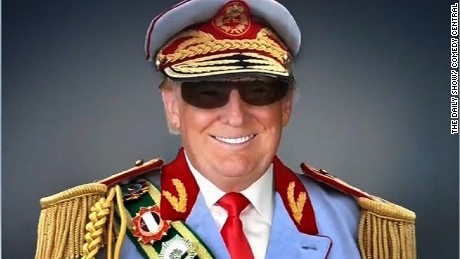 After 10 days of Trump's presidential turmoil, let's look back onto his first 10 "deeds":
After 10 days of Trump's presidential turmoil, let's look back onto his first 10 "deeds":
- The "carnage" speech. In Trump's mind is bringing anger and fear the key to success. Create an enemy (China, Mexico, Wall Street), get a large weak audience (unhappy, uneducated, unemployed, forgotten people), call yourself "the greatest", close the borders, control communication and there you go.
- Brag and lie about the numbers on inauguration day. Not only it was embarrassing how Sean Spicer and Kellyann Conway came up with their stories about "the way Trump sees it" and "alternative facts", but Trump's speech in front of the CIA Memorial Wall was just humiliating, just egocentrically taking about himself and his "views" instead of paying respect to the people and its organization who defend the US with their lives.
- Slam the protestmarches and press critics the day after. He ".. was under the impression that we just had an election ...". Trump's simple mind believes that he can do whatever he wants for 4 years without any opposition or critics. Everything else except his own views is "fake news", "bad", "sad", "dishonest". Amazing and immature.
Page 6 of 6
